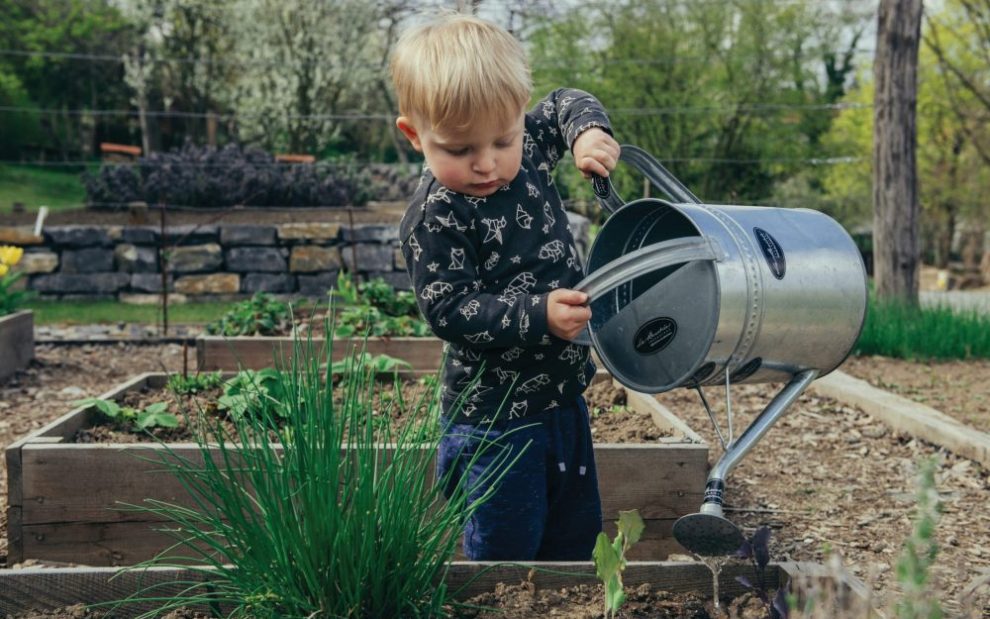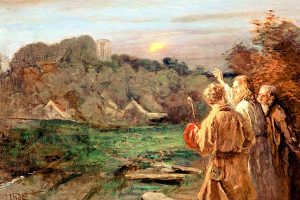When my child started at a Montessori school last fall, my husband and I giggled at some of the rules they expected toddlers between the ages of 18 months and 3 years to follow. Every morning, these tiniest of humans enter the classroom, shake their teacher’s hand, hang up their backpack and coat on their designated hook all by themselves, and go to the back of the room to wash their hands. During the school day, they arrange flowers, fold towels, wash windows, feed the classroom fish, and help prepare their own snacks (which, by the way, are served on real ceramic plates with real glassware—no sippy cups in sight).
Before school started, the routine sounded old-fashioned at best and overly formal and rigid at its worst. I don’t need my 2-year-old to learn how to fold laundry at day care—I just want him to be well-cared for. I want him to learn how to take turns and make friends. Plus, some help with potty training would be lovely.
But I’ve realized that these funny, old-fashioned expectations aren’t about putting strict rules around children. It’s actually doing the opposite: It teaches even the smallest children that they are members of a community, and that community cares for one another.
This morning, my toddler found an errant chocolate wrapper on my bedroom floor. “Garbage!” he shouted, perhaps somewhat accusingly, and then insisted on running to the other side of the house to throw it away before we continued our game. After dinner, he empties his plate into the compost bin and puts his dishes in the sink. He is prone to giving the cat and dog loving and unexpected hugs—much to their chagrin—and he always notices if they are out of food (and takes it upon himself to add additional kibble to their bowls). He notices when characters in books or his classmates are sad, and he worries about them: “[Nora] cried all day,” he told me about a new friend in his class recently when I asked him how his day was. “She misses Mommy.”
Watching him, I am reminded that we are all interconnected—humans, animals, and the environment around us. As Pope Francis writes in Laudato Si’ (On Care for Our Common Home), “All of us as living creatures are dependent on one another.” I suppose that growing into a fully human person, like my toddler and his classmates are learning to do, isn’t just about saying please and thank you or taking turns for the sake of taking turns (although we need to learn that, too!); it’s about caring for one another and tending to these shared relationships. It’s a lesson my 2-year-old lives out every day, both at home and at school. I wish it was one that adults were better at remembering.
I, like all Catholics, believe in a relational God—a triune God to whom relationships are so important that we can only fully understand the divine through God’s relationships with Godself. And this relational God asks us to be cocreators of the divine through our own loving relationships with the people and environments that surround us.
My 2-year-old’s world is small, and to him these little things are all he can do to show his care for the world around him. As his world gets bigger, I hope he continues these lessons about our responsibilities to one another and takes them out into the wider world, creating with God a better and more just world.
This article also appears in the May 2024 issue of U.S. Catholic (Vol. 89, No. 5, page 9). Click here to subscribe to the magazine.
Image: Unsplash/Filip Urban














Add comment